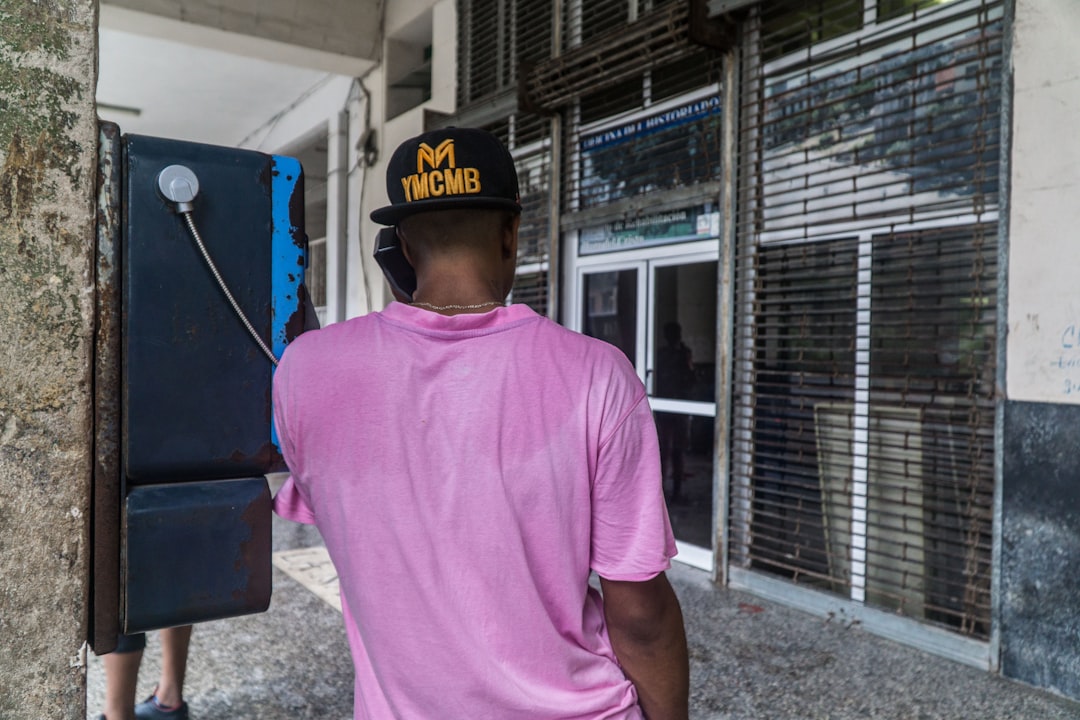Charleston residents facing robocalls can protect themselves under the Telephone Consumer Protection Act (TCPA). Consulting a lawyer for robocall South Carolina ensures understanding of TCPA rights and options for complaint resolution. Collaborative action between residents and local government, including technology solutions and consumer education, is crucial in reducing robocalls. Legal advocacy for stricter anti-robocall laws aids in mitigating spam calls and provides peace of mind.
In the digital age, no community is immune to the nuisance of robocalls. Charleston residents face a growing problem with automated calls, leading many to seek solutions. This article guides you through the process of collaborating with local government to combat this issue. We explore the legal framework in South Carolina and provide practical steps for effective communication and implementation of strategies tailored to reduce robocalls. If you’re considering hiring a lawyer for robocall issues in South Carolina, this resource offers valuable insights and next steps.
Understanding Robocalls: Legal Framework in South Carolina
Robocalls, automated telephone calls from unknown numbers, have become a widespread nuisance across the country, including Charleston, South Carolina. While some robocalls promote legitimate services or political campaigns, many are associated with fraud and scams. In South Carolina, the Telephone Consumer Protection Act (TCPA) provides legal protections for residents from unwanted phone marketing calls. If you’re experiencing excessive or harassing robocalls, it’s recommended to consult a lawyer for robocall in South Carolina who can guide you through your rights and available remedies.
The TCPA outlines strict rules for automated calling campaigns, including obtaining prior express consent from recipients before placing any call using an automatic dialing system (ATS). Businesses violating these regulations face significant fines. South Carolina residents have the right to file complaints with state and federal regulatory bodies if they suspect their privacy is being infringed upon by unwanted robocalls. Engaging with a local lawyer for robocall can help clarify legal options, ensure compliance, and mitigate potential risks associated with managing robocall issues effectively within the Charleston community.
Initiating Dialogue: Connecting with Charleston's Local Government
In navigating the complex issue of robocalls, initiating dialogue with Charleston’s local government is a pivotal step. Residents often turn to a lawyer for robocall South Carolina when feeling overwhelmed by unwanted calls, emphasizing the need for collective action. By reaching out and establishing communication channels, community members can collaborate effectively with local authorities to formulate strategies that mitigate this growing problem. This process involves attending council meetings, contacting elected officials, or joining relevant committees dedicated to consumer protection, ensuring that voices are heard and concerns addressed.
Fostering an open dialogue allows for the exchange of ideas and experiences, enabling policymakers to understand the extent and impact of robocalls in Charleston. Such engagement is crucial in developing tailored solutions, considering technical advancements, and staying ahead of evolving tactics employed by call spammers. Together, residents and local government can work towards enforcing stricter regulations and implementing innovative technologies to create a quieter, more peaceful environment for all Charlestonians.
Implementing Solutions: Effective Strategies for Robocall Reduction
In addressing the persistent issue of robocalls, a collaborative approach between residents and local government in Charleston is key. Effective strategies for reducing robocalls involve a multi-faceted approach, including technological solutions and legislative action. Implementing advanced call blocking technologies and consumer education programs can significantly curb unwanted calls. Many South Carolina residents have already found success with specialized apps that filter out known spam numbers. Moreover, working with local representatives to advocate for stricter anti-robocall laws can create a robust legal framework. By combining these efforts, Charleston can reduce the number of robocalls and provide its citizens with greater peace of mind.
Seeking the expertise of a lawyer for robocall South Carolina can be invaluable in navigating these strategies. Legal professionals specializing in telecommunications law can guide both local governments and residents through the intricacies of implementing effective solutions. This collaboration ensures that the most robust and legally sound methods are employed, ultimately leading to a safer and less disruptive communication environment for the community.






